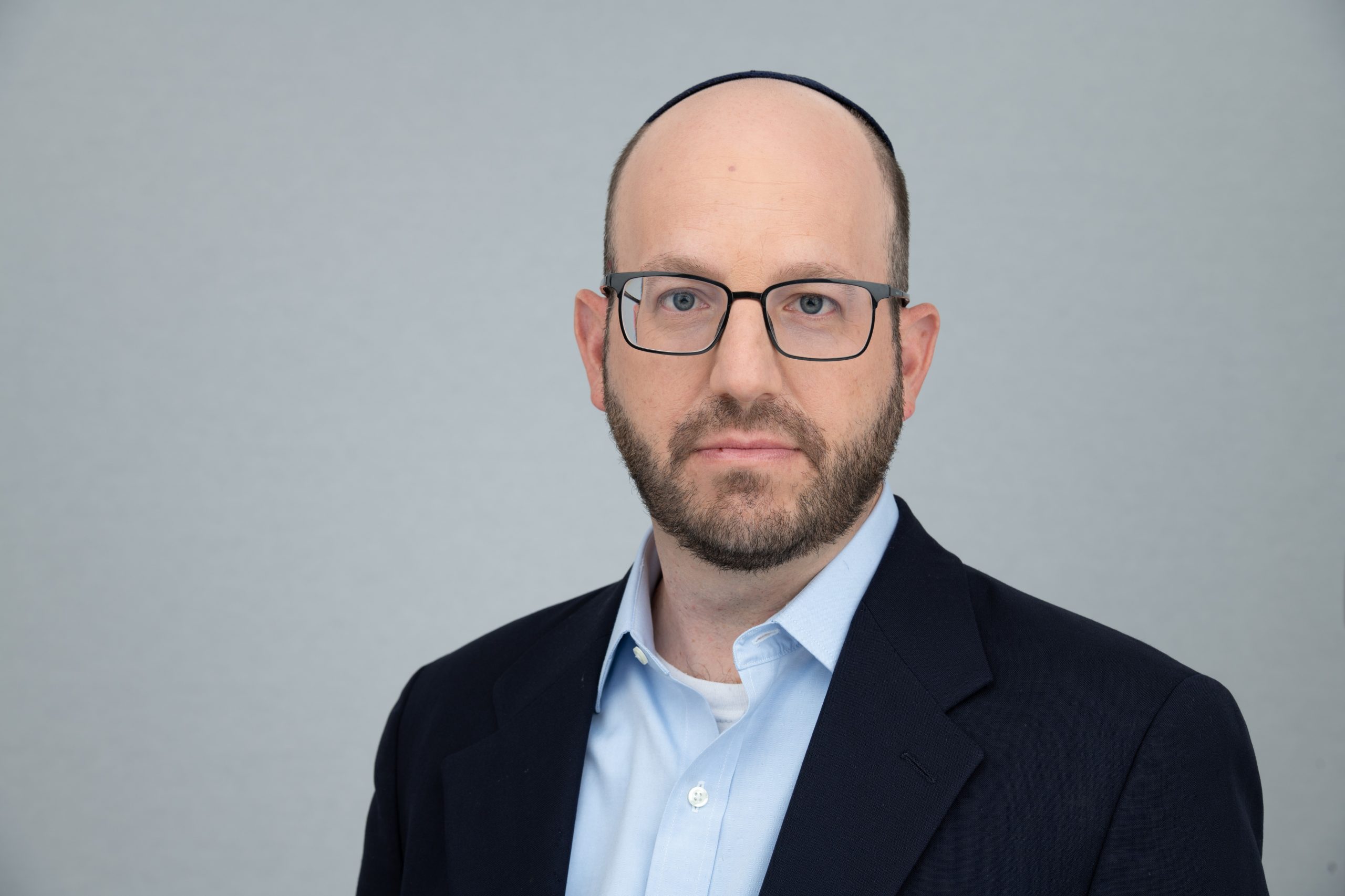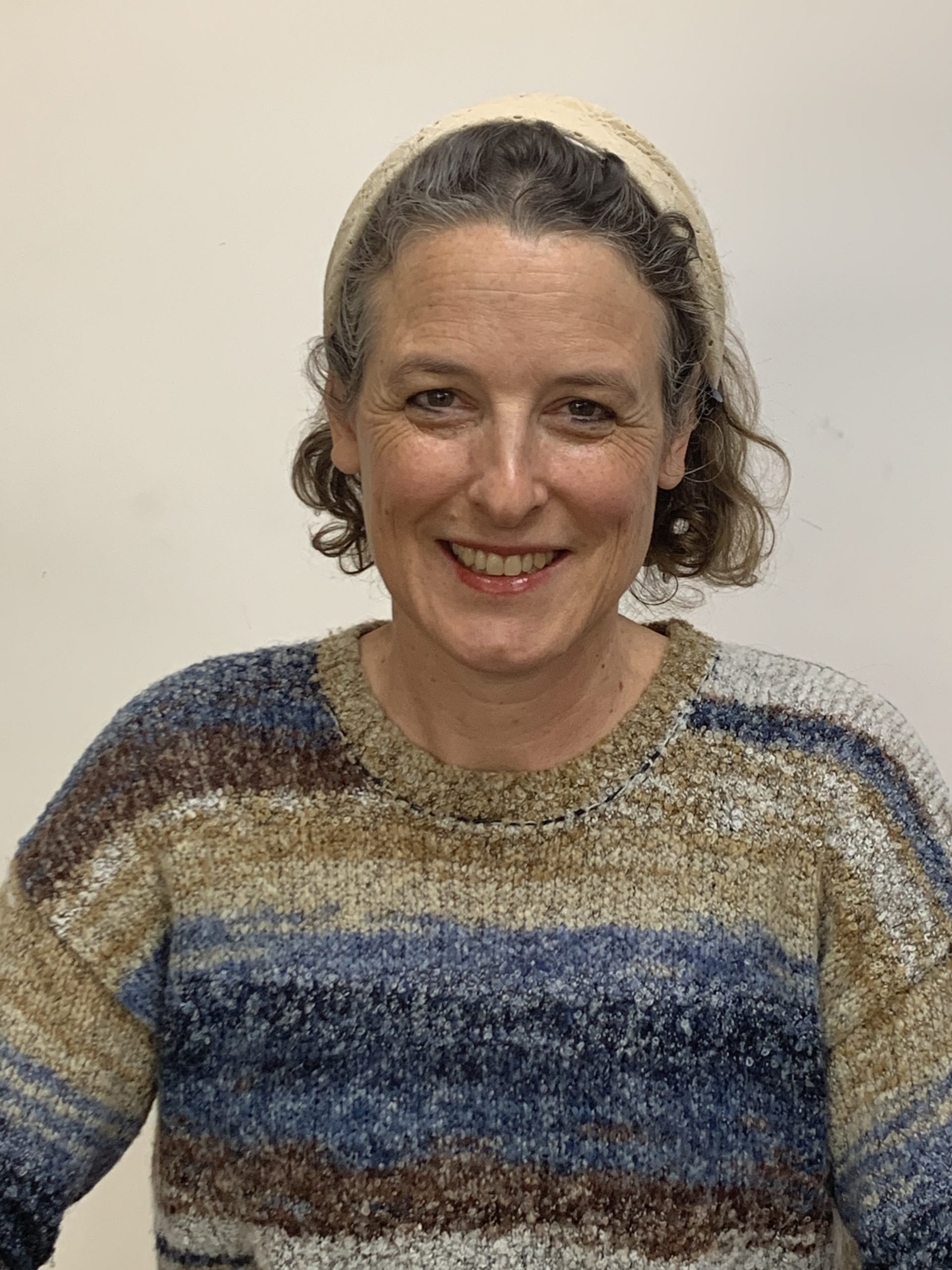Table of Contents
Insider Religious Mediators
 Program Goal
Program Goal
The Insider Religious Mediation Program works to prevent, manage, and mitigate crisis situations at the local, national, and international levels by mediating between religious leaders of involved communities to save lives during times of crisis and strengthen channels of communication during periods of calm.
 Implementation of the Model
Implementation of the Model
The Insider Religious Mediators Program regularly works to prevent and manage crises at the international, national, and local community levels – especially in Israel’s mixed Jewish-Arab cities and areas. The vast majority of program activities are conducted away from the eyes of the media; however, some of the interventions of leaders involved in the program have been made public:
- Preventing Violence in Mixed Jewish-Arab Cities: During the 2008 Yom Kippur riots in the mixed Arab-Jewish city of Acre, insider religious mediators from Mosaica assisted in gathering religious and community leaders into a “Peace Sukkah” for a public event designed to ease local tensions. In 2014 and 2015, Mosaica took preemptive steps to prepare for the convergence of the Yom Kippur and Eid al-Adha holidays by coordinating between insider religious mediators, the Gishurim Program, and other partners in order to reduce tensions and prevent violence surrounding the holidays, particularly in Jerusalem and the other mixed Jewish-Arab cities. In 2019, Mosaica staff were invited by the Israeli Police to present on lessons learned and best-practices to hundreds of senior police officers at their annual conference.
- Mediating Crisis on the Temple Mount: In 2017, during the crisis surrounding the use of magnetometers at Al-Aqsa on the Temple Mount, Mosaica insider religious mediators assisted in mediating between the parties and facilitated an agreement that prevented further violence.
- Mitigating Harm of COVID-19 to Public Health: In September 2020, at the height of the pandemic, Mosaica insider religious mediators negotiated a collaboration between the World Health Organization (WHO) and religious and community leaders in Israel to combat a conspiracy theory circulating about the the virus. The success of the project led the WHO to support the establishment of the Kavod/Karama/Dignity Project, which convened senior Jewish, Muslim, and Christian leaders with health professionals in order to comprehensively address the religious and communal challenges posed by the pandemic.
To read more about Insider Religious Mediators, click here.
 Development of the Model
Development of the Model
Mediation is not a new concept; traditional and religious models of mediation exist in every healthy culture: the sulha model in Arab communities, the schmagluchs in the Ethiopian Jewish community, and metavkhei shalom (mediators of peace) or rodfei shalom (pursuers of peace) in various historical Jewish communities, to name just a few. Across time and culture, these mediators have often been well-respected, predominantly male, elders of their communities already serving as community or religious leaders; and who possessed close, trusting relationships with various individuals and groups. Mosaica’s model of “insider mediation” draws deeply on these traditional models to prevent, mitigate, and mediate intractable ethnoreligious conflict. Mosaica’s approach often requires the active involvement of religious leaders to work as insider mediators, who coordinate between their constituencies and neutral external mediators or professional diplomats.
 Program Staff
Program Staff
Rabbi Dr. Daniel Roth is the director of Mosaica, an Israeli NGO advancing community mediation and dialogue in Israel. Much of Roth’s work focuses on the network of insider religious mediators who help prevent, mitigate, and mediate crisis situations throughout Israel, the Middle East, and beyond. Roth also works to connect religious leaders to the roughly 90 community mediation and dialogue centers and initiatives throughout Israel, including 30 in the Arab sector and 16 in mixed Jewish-Arab cities and areas, which Mosaica professionally supports through a tender of the Ministry of Welfare and Social Affairs called the Gishurim Project.
Dr. Roth is a core faculty member at Bar-Ilan University’s Graduate Program for Conflict Management, Resolution and Negotiation and at Tel Aviv University’s International Program in Conflict Resolution and Mediation, where he teaches graduate courses on crisis management, religious conflict resolution, and peacebuilding. Roth is also a core faculty member of Shakla vaTariya, the institute for negotiation and crisis management based in Herzliya. Roth is also a regular lecturer for MEJDI Tours/National Geographic. He has published several academic articles on conflict resolution in the Jewish tradition and on insider religious mediation in the context of the Israeli-Palestinian Conflict. His book, Third-Party Peacemakers in Judaism: Text Theory and Practice, was published by Oxford University Press in 2021.
Formerly, Roth was the founder and director of the Pardes Center for Judaism and Conflict Resolution; the Mahloket Matters Projects; and the 9Adar: Jewish Week of Constructive Conflict, which continues today as Dibur Hadash: the Israeli Week of Mediation and Dialogue. Roth was a senior research fellow at George Mason University’s Center for World Religions, Diplomacy and Conflict Resolution.
Roth holds a Ph.D. from Bar-Ilan University’s Graduate Program for Conflict Management, Resolution, and Negotiation; an MA in Talmud from the Hebrew University of Jerusalem; a B.Ed in Jewish Philosophy from Herzog Teachers’ College; and studied for eight years at Yeshivat Har Etzion during which time he received Orthodox rabbinic ordination. He lives with his wife and four children in Jerusalem.
Elisheva joined Mosaica as the Chief Development and Strategy Officer in 2022.
For more information, contact:
daniel@mosaica.org.il

